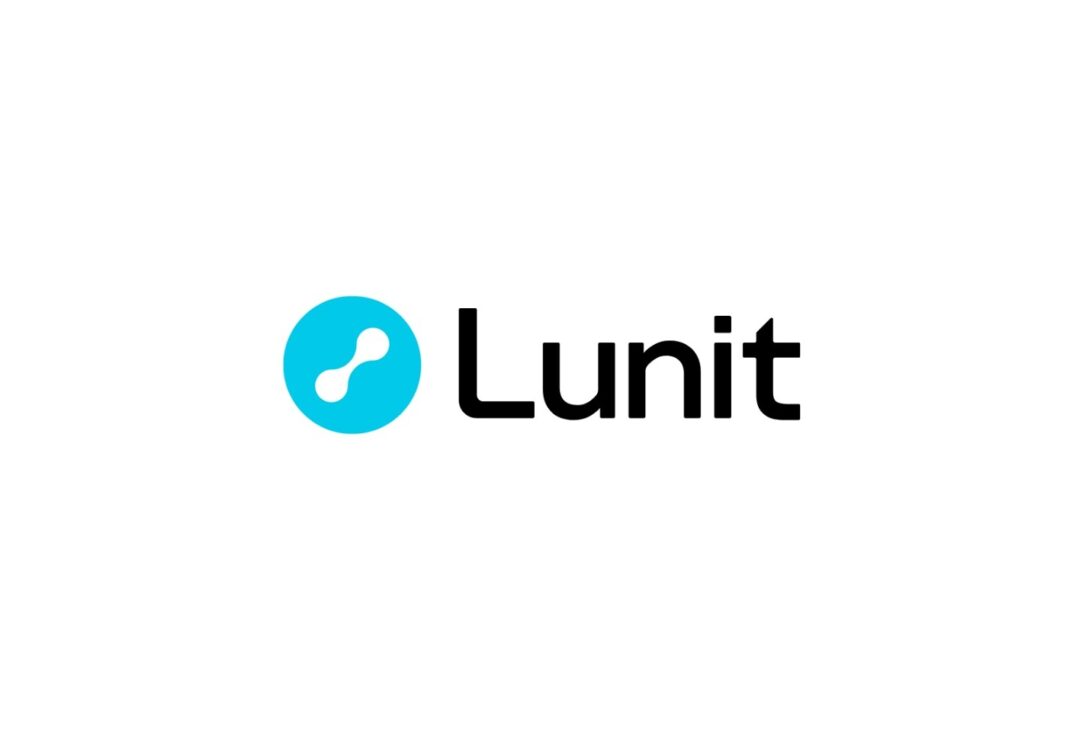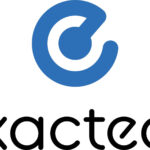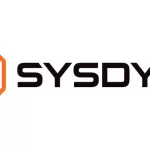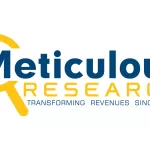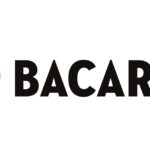Lunit Joins Roche’s Digital Pathology Open Environment to Advance Cancer Biomarker Testing
- Lunit’s AI-powered biomarker, Lunit SCOPE PD-L1 TPS, integrates into Roche’s navify® Digital Pathology platform to enhance precision medicine and improve cancer biomarker testing
SEOUL, South Korea, Sept. 9, 2024 /PRNewswire/ — Lunit (KRX:328130.KQ), a leading provider of AI-powered solutions for cancer diagnostics and therapeutics, today announced its collaboration with Roche to integrate Lunit SCOPE PD-L1 22C3 TPS into Roche’s navify® Digital Pathology platform. This marks the first deployment of Lunit’s AI technology with Roche, supporting pathologists and scientists with enhanced tools for cancer research as part of Roche’s initiative to create a collaborative digital pathology ecosystem.

Roche’s navify® Digital Pathology is an enterprise software application designed for the pathologist’s workflow. It now incorporates a range of AI-driven algorithms, including Lunit SCOPE, creating easy access to external innovation. The integrations aim to offer a comprehensive suite of digital pathology tools that enhance biomarker testing for cancer research and improve patient outcomes through precision medicine.
The collaboration spans significant global territories, starting with the US, with future expansion targeted for Canada, the EU (UK), Korea, and Japan, underscoring the strategic intent to enhance cancer diagnostics and treatment across diverse healthcare markets.
Lunit SCOPE PD-L1 22C3 TPS is an AI-powered tool that provides high-value insights and analysis of the PD-L1 tumor proportion score (TPS), a critical biomarker in cancer immunotherapy. By automating the PD-L1 scoring process, it provides more accurate, consistent, and efficient assessments of PD-L1 TPS scoring, a particularly challenging biomarker.
Lunit SCOPE PD-L1 has been available for research use only since 2021. This new accessibility in the Roche navify platform is designed to maximize access to this leading-edge AI.
“We’re thrilled to work together with Roche within its open digital pathology ecosystem, which we believe will create powerful synergies and represent a significant step toward making Lunit’s AI tools accessible globally,” said Brandon Suh, CEO of Lunit. “Today, we have made PD-L1 analysis available, and we look forward to sharing more of our tools on this platform in the future. By integrating our precise and reliable algorithms, we aim to accelerate the advancement of precision medicine, enhancing workflow efficiency and introducing new biomarkers for improved patient care.”
Lunit SCOPE PD-L1 TPS is for research use only, and is not for use in diagnostic procedures.
About Lunit
Founded in 2013, Lunit (KRX:328130.KQ) is a medical AI company on a mission to conquer cancer. We harness AI-powered medical image analytics and AI biomarkers to ensure accurate diagnosis and optimal treatment for each cancer patient. Our FDA-cleared Lunit INSIGHT suite for cancer screening serves over 3,500 hospitals and medical institutions across 50+ countries.
Our clinical studies have been published in top journals, including the Journal of Clinical Oncology and the Lancet Digital Health, and presented at global conferences such as the ASCO and RSNA. In 2024, Lunit acquired Volpara Health Technologies, setting the stage for unparalleled synergy and accuracy, particularly in breast health and screening technologies. Headquartered in Seoul, South Korea, with a network of offices worldwide, Lunit leads the global fight against cancer. Discover more at lunit.io.
SOURCE Lunit & PR Newswire



